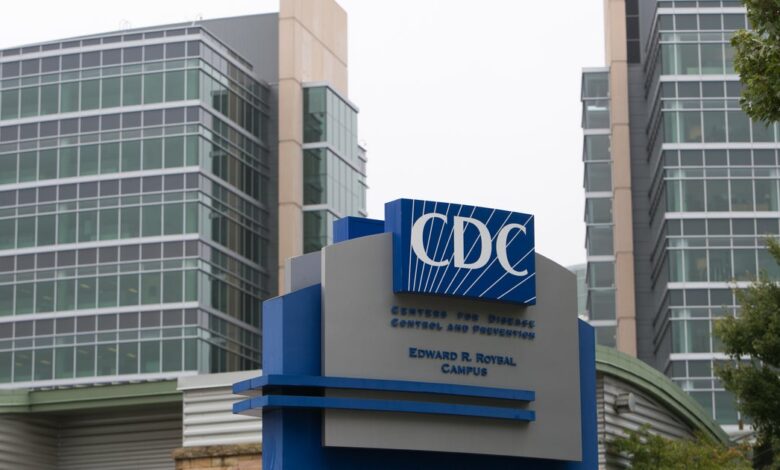New COVID variant NB.1.8.1 behind surge in China, now detected in U.S.

The Centers for Disease Control and Prevention’s airport screening program has identified a concerning new variant of the COVID-19 virus, known as NB.1.8.1. This variant has been linked to a significant surge of cases in China and has now been detected in arriving international travelers at several airports across the United States.
According to records uploaded by the CDC’s airport testing partner, Ginkgo Bioworks, cases of the NB.1.8.1 variant have been reported in travelers arriving in California, Washington state, Virginia, and the New York City area. These travelers originated from various countries, including Japan, South Korea, France, Thailand, the Netherlands, Spain, Vietnam, China, and Taiwan, and were tested between April 22 and May 12.
In addition to the airport cases, health authorities in states such as Ohio, Rhode Island, and Hawaii have also reported cases of the NB.1.8.1 variant. The earliest cases in California and Washington state date back to late March and early April, indicating that the variant has been circulating for some time.
Experts are closely monitoring the NB.1.8.1 variant, which has become dominant in China and is spreading in other parts of Asia. Hong Kong has reported a significant increase in COVID-19 cases, prompting authorities to urge residents to wear masks in public transportation and crowded places to prevent further spread of the virus.
While there is no evidence that the NB.1.8.1 variant is more severe, health authorities in Taiwan have reported a rise in emergency room visits, severe cases, and deaths. As a response, they are stockpiling vaccines and antiviral treatments to combat the epidemic wave.
Preliminary data from researchers in China suggest that the NB.1.8.1 variant is not better at evading the immune system compared to other strains but may be more transmissible due to its ability to bind to human cells more effectively.
During a meeting of the Food and Drug Administration’s vaccine advisers, the NB.1.8.1 variant was discussed in relation to updating COVID-19 vaccines for the upcoming fall and winter seasons. Vaccine makers like Pfizer and Moderna have prototyped a new vaccine targeting a descendant of the JN.1 variant that could provide better protection against the NB.1.8.1 variant.
CDC and FDA officials emphasized the importance of staying vigilant and monitoring the evolution of the virus, as only one significant strain, XFC, has been growing in the U.S. They noted that while COVID-19 trends have followed a relatively predictable pattern of seasonal surges, the virus’s evolution remains unpredictable. As the country prepares for the next phase of the pandemic, it is crucial to continue monitoring and adapting to new variants like NB.1.8.1 to prevent further spread and protect public health. Thornburg, the acting chief of the laboratory branch in the CDC’s division for coronaviruses and other respiratory viruses, has reported that rates of COVID-19 have significantly decreased nationwide. This positive trend is reflected in data from emergency room visits and wastewater testing, indicating a low level of virus activity across the country.
In a recent statement, Thornburg mentioned that after five years of dealing with the pandemic, the CDC has identified distinct patterns in the spread of the virus. Through a comprehensive “seasonality analysis,” the agency has been able to predict and track the virus more effectively.
The decline in COVID-19 cases can be attributed to various factors such as vaccination efforts, public health measures, and increased awareness among the population. As a result, the virus is now following a more predictable pattern, allowing health officials to better manage and respond to outbreaks.
Thornburg’s insights highlight the progress made in combating the pandemic and demonstrate the importance of ongoing surveillance and research efforts. By staying vigilant and proactive, we can continue to control the spread of COVID-19 and protect public health.
As the situation evolves, it is crucial to stay informed and follow guidelines from health authorities to ensure the safety and well-being of our communities. Together, we can overcome the challenges posed by the coronavirus and work towards a healthier future for all.




